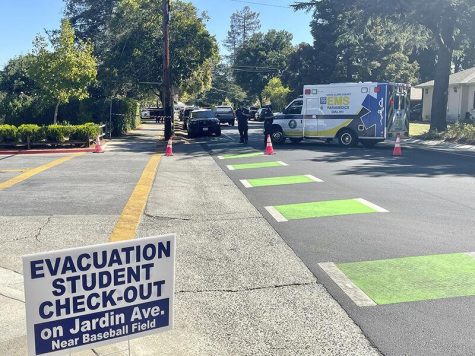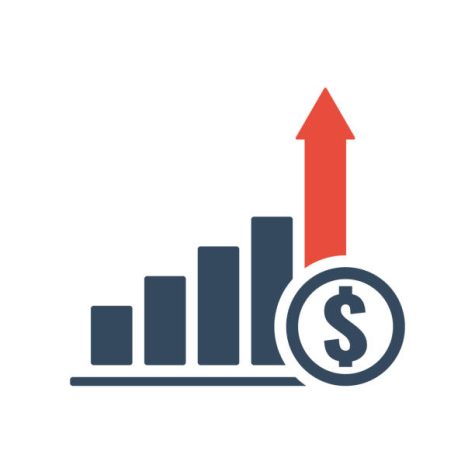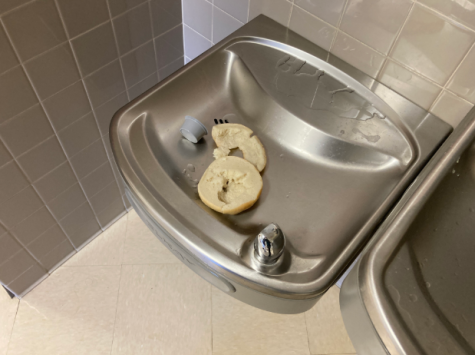A quick review of the most important propositions on this year’s ballot
The idea of a representative democracy is to elect officials who run the government on our behalf. You elect a representative, senator, councilmembers and others to act as a proxy for yourself, as one cannot be expected to personally vote for every law on the federal, state and local level. But sometimes, the will of the people can be distorted. The problem with political parties and even at a more basic level, representative democracies in general, is that a candidate may represent some of your views but not others. The will of the populus of a state may be 60% in favor of issue X, but even if all of the congressmen as closely represent the views of the people as possible, the bill may only have 40% of the vote. This is why ballot measures are necessary. Every state has one; and we the people vote on them every two years. They allow the people to vote directly on decisive issues such as taxes, criminal justice and many others without politicians fearing for their jobs. I wanted to go over three different propositions (props) on this year’s ballot, what I think of them and which way this will lead our state.
This election, every registered voter in California will receive two things: a mail-in ballot, and an Official Voter Information guide. For more information on ballots, propositions and anything discussed in this article, I would defer you to the voter information guide. As it is an official government document, it is impartial and provides a summary of the proposition in layman’s terms, pro and con arguments and major funding initiatives for both sides. I will attempt to be impartial and discuss both sides of the argument, but in the end I will take a side and justify my preference. As I am 16, I cannot vote, but I still like thinking about what I would vote for. This is a good time to talk about the first proposition that I would like to discuss: Prop 18.
Proposition 18 is one of the first propositions of its kind; it suggests that under specific circumstances, 17-year olds should be able to vote. It has only been 49 years that teens have been able to vote; the 26th amendment reduced the nationwide voting age from 21 to 18, commonly known as “teens’ suffrage”. This proposition would allow any 17-year old to vote in any elections in an election cycle, assuming that they would be 18 by general election day. The fiscal effects of this proposition would be minor: the only associated costs would be in the form of voter registration, something basic for democracy to function. The main arguments against this proposition is that 17-year olds have not reached the “legal age of responsibility” (18), insinuating that 17-year olds are not mature enough to vote. Yet 17-year olds can join the military, they pay taxes, and in some states can buy guns, so why not let them have a say in their democracy. In addition, a major demographic that is not voting are young people. This would increase engagement and coax one of the most apathetic and underrepresented voting demographics towards the polls that they would be voting in anyways come November. In my mind, there is zero excuse not to pass this proposition. We are the ones that will be inheriting this earth, and we should have a say in it.
Proposition 16 is probably one of the most divisive propositions or indeed motion of any kind in the history of the U.S.: it allows diversity (factors such as sex, race, ethnicity and sexual orientation) as a factor in “public employment, education, and contracting decisions,” (CA Official Voter Information Guide) also known as affirmative action. You may have seen ‘No on 16 – Don’t divide us’ posters in residential neighborhoods. The general argument for proposition 16 is that it opens otherwise closed opportunities to women and minorities; due to pervasive systemic racism, it is harder for the average African-American to get into college or afford it than the average White or Asian-American. In addition, historic red-lining has also created “black neighborhoods” and “white neighborhoods”, where the disparity in racial composition of neighborhood schools is massive. This proposition is effectively a more modern form of busing: it spreads jobs and college admissions around more equally in an attempt to negate inherent biases in the system. The main organization attempting to prevent this from passing is in fact the Asian American Coalition for Education, which claims that it is ‘not fair’ to Asian-Americans, who are (according to the census bureau) seven percent of the population but make up 17.6 percent (Asian American Politics, aka AAPI) of the student body of America’s top colleges, going as high as 43 percent at some colleges such as CalTech. Even so, according to AAPI data from 2016, 65 percent (±3 percent) of Asian-Americans support affirmative action. The choice, to me, is clear. This proposition is not racist, but attempts to alleviate racism. I would vote yes.
The final proposition discussed in this piece will be proposition 22: the gig economy. App-based driving through services such as Uber, Lyft, and Doordash have become incredibly prevalent in recent years and especially during our current pandemic. This proposition, if it passes, would declare app-based drivers as independent contractors and companies would not have to give employee benefits to drivers, even if they claim that they would. This includes sick leave, healthcare and unemployment benefits. Here is where we come to something very important that I have not mentioned much so far: funding. You can tell a lot about the real motivations of a ‘for’ or ‘against’ movement based on funding, and the first thing that I look at when forming an opinion on a proposition. Since funding must be disclosed, doing a quick Ctrl+F on the funding page of the Yes on 22 funding page reveals, sequestered at the bottom of the page, that Uber, Lyft, DoorDash, Instacart and Postmates all support yes on 22, companies that would save massively on employee benefits if this passes. My position should be clear based on implications that I have made: I would vote no on 22.
But these are just my opinions; don’t follow what I say blindly but actually read both sides of the argument and always ask yourself, “What’s in it for them?” If the major funding for No on Prop 23 (a proposition that would make it harder for dialysis to be scaled up but medically sound, therefore making it harder to make money en masse but safer for patients) is from DaVita, Fresenius Medical Care and U.S. Renal Care, all companies that make their money from large-scale, predatory dialysis, then No on Prop 23 probably benefits large companies instead of the average American. To sum up what I am saying: don’t let ads or random neighborhood signs change your opinion: look into it yourself, look at funding, who would benefit from a vote for or against and what parties endorse either side. Research! After all, we are a democracy, and everyone needs opportunities.

















